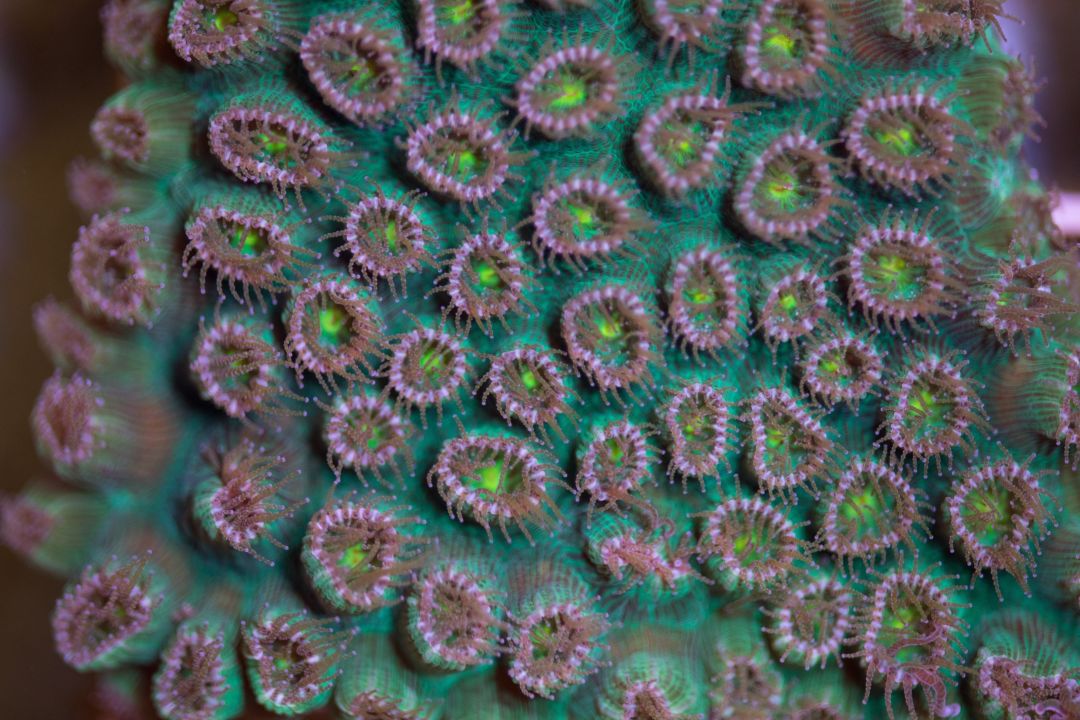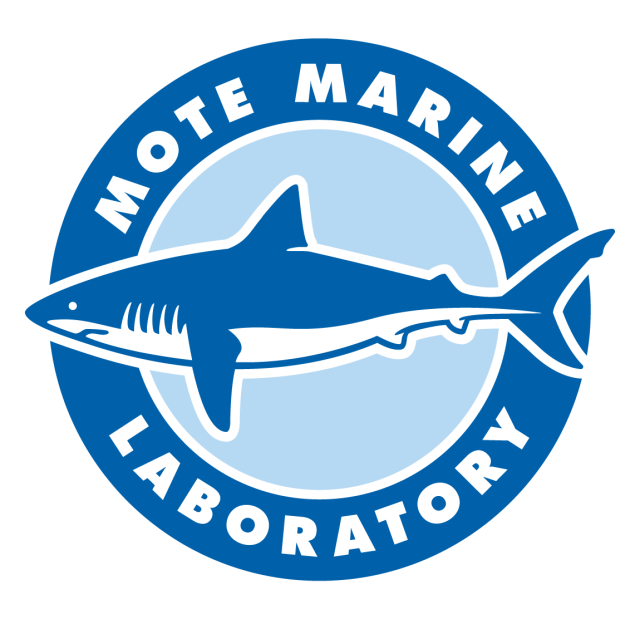Mote Aquarium

Cause: Environment
Mission: Mote is an independent marine research institution with world-class scientists dedicated to the conservation and sustainable use of our oceans through research and education.
Stony coral tissue loss disease is unique due to its geographic range, long duration and high coral mortality rates.
As of early July 2019, more than half of Florida’s reef has been affected, exceeding 96,000 acres.
Mote studies non-diseased coral fragments grown inhouse to determine their resistance and/or resilience to the tissue loss disease.
Over the years, Mote has restored 55,000 corals to Florida reefs, with plans for 25,000 more this year.
DEAD WHITE CORAL SKELETONS litter once-beautiful areas of the Florida Reef Tract, the world’s third-largest, shallow-water barrier reef system. Most of the reef is bare, with no living coral in sight — reminiscent of a post-apocalyptic film scene.
Now, Mote Marine Laboratory scientists at the Elizabeth Moore International Center for Coral Reef Research and Restoration (IC2R3) on Summerland Key and partners are pursuing the deadly culprit, stony coral tissue loss disease, which is causing what is now known as one of the longest and largest infectious coral disease outbreaks in recent history.
Mote scientists are collecting samples from the leading edge of the outbreak to test for disease resistance in massive coral species that are used for reef restoration.
Mote is currently raising multiple genetic varieties of several reef-building coral species from Florida Keys environments—totaling some 38,000 individual micro-fragments of coral—in its nursery and gene bank at IC2R3.
Scientists at Mote’s IC2R3, along with state and federal agency partners, local community-based nonprofits and university colleagues, are working to implement a 10-year Florida Keys Coral Disease Response & Restoration Initiative building on Mote’s novel and successful genetic-resilience-based coral restoration technology. Many years of research will finally be transformed into real action to bring the “rainforests of the sea” back from the brink of extinction.
Contact
Mote Marine Laboratory
1600 Ken Thompson Parkway, Sarasota, FL 34236
(941) 388-4441
